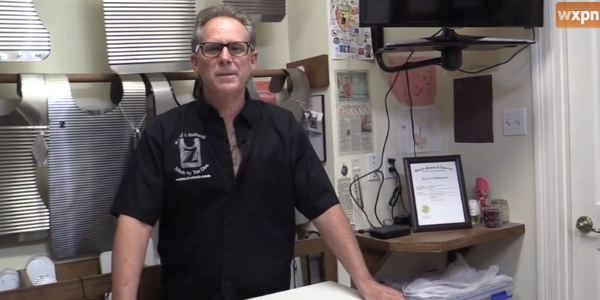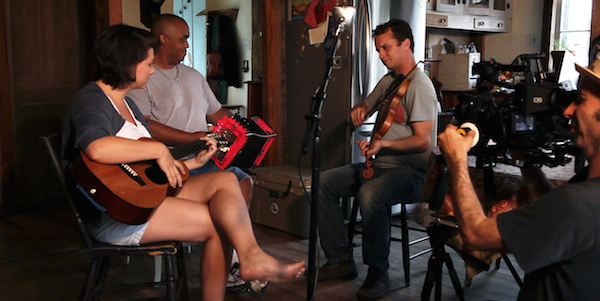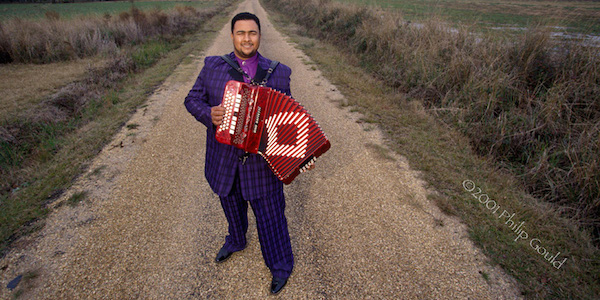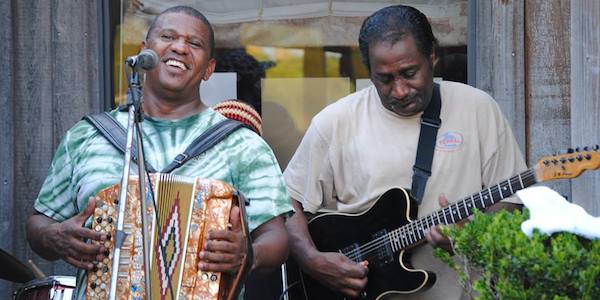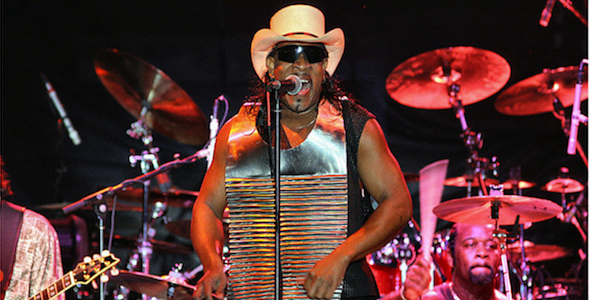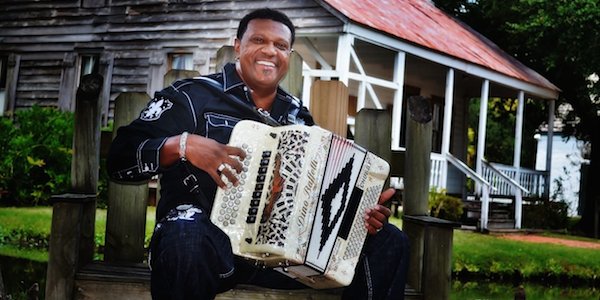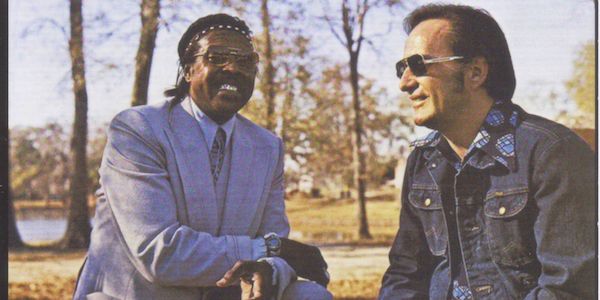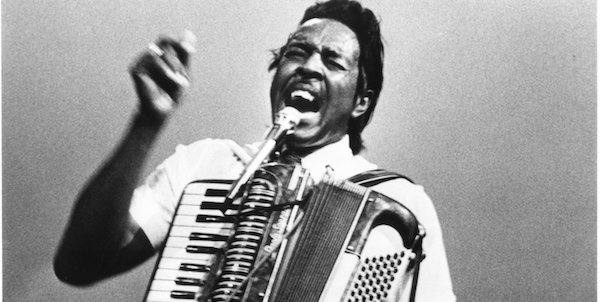Sunset, Louisiana is about a twenty-minute drive straight north from Lafayette and it’s the official world capital of rubboards, thanks to Tee Don Landry and his Key of Z Rubboards company. Started by Tee Don’s father, Key of Z has been making the percussive bib by hand since 1946. Read more.
Soul Creole featured in The 78 Project film, currently screening across the country
Inspired by John and Alan Lomax’s field recordings of the 1930s, Alex Steyermark and Lavinia Jones Wright began The 78 Project in 2011 as a way of connecting a thread from those early archival recordings to contemporary musicians. Armed with a 1930s Presto direct-to-acetate recorder and many painstakingly-crafted acetate disks, the Philadelphia area filmmakers travel across the country to encounter musicians of all styles. Read more.
Listen to episode four of the Zydeco Crossroads Radio Hour
6 must read books about Zydeco
Dikki Du & The Zydeco Krewe at The TK Club
It’ll be another night of zydeco fun at The TK Club in Conshohocken tomorrow when Dikki Du & The Zydeco Krewe roll in from Louisiana. The brother of Chubby, Troy Carrier started his own band over a decade ago after touring with the Carrier family band. Troy’s trademark style repurposes traditional zydeco songs with jazzy arrangements and funky grooves, making his music perfect for a dance floor. Read more.
Watch Rockin’ Dopsie Jr talk about his zydeco experience
Rockin’ Dopsie Jr returned to his hometown of Lafayette and shared some zydeco knowledge with us while the ZC team was exploring the Southwest Louisiana city. In this interview clip Dopsie Jr talks about his decision to move to New Orleans and the subsequent spread of zydeco to the land of brass and jazz, the zydeco artists he grew up listening to and more. Read more.
Watch an interview with Chubby Carrier outside of El Sido’s
Chubby Carrier spent a few minutes with us to film this interview clip outside of El Sido’s in Lafayette, LA last October. The Bayou Swamp bandleader talks about the first time he saw his Grandfather playing the accordion, gets technical with an explanation of diatonic vs. chromatic accordions and explains what it is about zydeco music that makes people feel so good. Read more.
Richard’s Club and Boozoo Chavis: The Golden Age of Zydeco
Historians can look back to several junctures of time and place in American music when it was clear that something significant was happening. For Southern blues, it might have been Beale Street in Memphis in the early 1950s, when B.B. King and Bobby “Blue” Bland pioneered a modern blues sound that continues to resonate today. For bebop, it might have been 52nd Street in New York City in the 1940s, when Charlie Parker, Dizzy Gillespie and Thelonious Monk deconstructed jazz. For zydeco, I would argue that it was Southwest Louisiana in the late 1980s and early 1990s, when Boozoo Chavis came roaring back onto the scene at Richard’s Club in Lawtell. Read more.
The crossroads of Creole and Cajun musicians
By now we know the difference between Cajun and zydeco music. As Michael Tisserand put it in our interview with him, “The difference between Cajun and zydeco music is zydeco music reflects the Creole origins of its performers, heavily influeced by African Carribean and African music. Cajun music reflects the Acadian white Cajuns coming down from current day Nova Scotia.” Read more.
A Short History of Zydeco
The rollicking dance music called zydeco is a quirky invention that could only have happened in Southwest Louisiana, where descendants of French and Creole-speaking African Americans (who today call themselves Creoles) merged their ancient songs with a rhythm and blues beat. The essential instruments are an amplified accordion, and a frottoir or scrub board, a corrugated sheet-metal vest played with bottle openers that is surely one of the loudest percussion instruments every invented. Read more.

